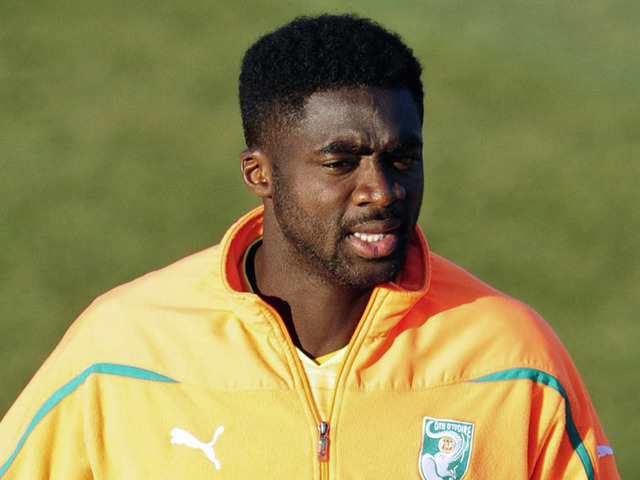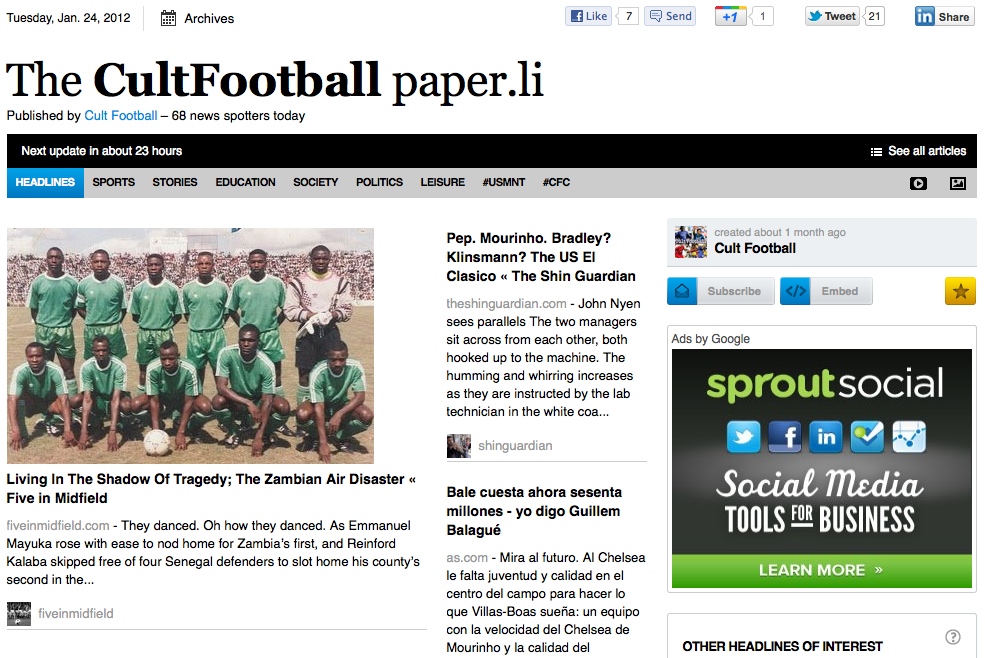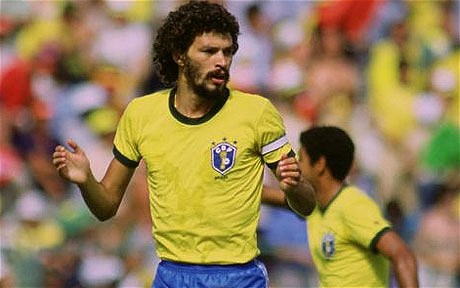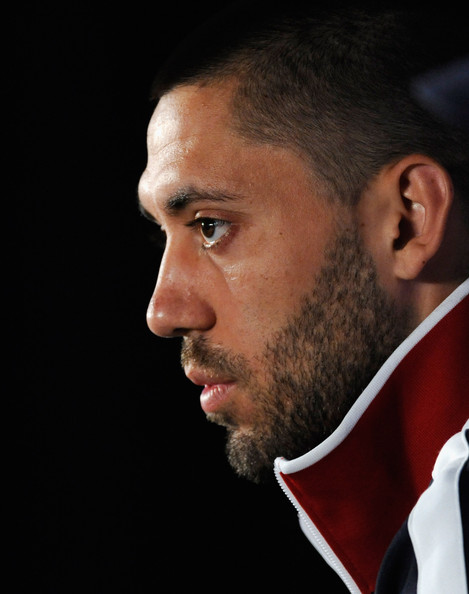When Gervinho, Salomon Kalou, Didier Zokora, Emmanuel Eboué and the brothers Touré convene in Abu Dhabi this month to represent the Ivory Coast in the African Cup of Nations, it will be a high school reunion of sorts. All graduates of the academy of the ASEC Mimosas in the Ivorian capital Abidjan, they have played together for years. (ASEC Mimosas is short for Académie Sportive des Employés de Commerce Mimosas, or “Sporting Academy of Retail Workers Mimosas.” Really rolls off the tongue.)
Sven-Goran Eriksson, manager of the Ivory Coast national team in the 2010 World Cup, said to the BBC in 2010, “This is the most successful academy in the world if you look at all the players who started their careers here.” He added, “Obviously there is a lot of talent in this country. But this academy is top quality, for Africa and in the world.”
In 1993, new manager and former French national player Jean-Marc Guillou formed the Académie MimoSifcom at the already successful ASEC Mimosas team, whose players formed the nucleus of the Ivory Coast squad that won the African Cup of Nations in 1992.
After ASEC Mimosas then won the CAF Champions League in 1998, the high profile win caught the attention of many European scouts. Olympique de Marseille snapped up team captain Tchiressoua Guel, and others found new clubs as well. The depleted ranks then prompted Guillou to name several academy products in the African Super Cup in 1999, which the team won. Among this first crop, a familiar name: Kolo Touré.
Since then, the academy has formed several top players who have brought the team domestic success (in all, ASEC Mimosas has won the Ivorian Premier Division 23 times since 1963). Meanwhile, many players have launched careers abroad and sealed moves to top European sides. In addition to Kolo and Yaya Touré at Manchester City, Kalou plays for Chelsea, Eboué for Galatasaray, Gervinho for Arsenal, Didier Zokora for Trabzonspor (formerly for Tottenham and Sevilla) and Romaric for Espanyol (on loan from Sevilla).
Less household names (to non-Ivorians) to ply their trade overseas include Boubacar “Copa” Barry, Bonaventure Kalou, and Wilfried Zaha.
Kolo may have been part of The Invincibles at Arsenal, but it wasn’t a first for him. ASEC went unbeaten for 108 league games between 1989 and 1994, the world record. (Steaua Bucureşti went 104 unbeaten in the late 1980s.)
At the academy, students train twice a day for a total of 4 hours and take classes in math, history, geography, physics, French, English and Spanish. They live in dorms during the week. The school provides healthcare and tutoring as well.
Guillou left Abidjan in 2001 to manage Belgian side K.S.K. Beveren, soon joined by several players from Académie MimoSifcom. Yaya Touré, Arthur Boka, Eboué, Gervinho, Romaric and Copa each played for Beveren.
Gervinho has credited the stint at Beveren as the final stage of development.
“The transfer from Africa to Beveren was part of the training,” Gervinho told the Daily Mail, a UK newspaper. “Most of the players would leave the centre for Belgium. We all met again there in Beveren. It was a way to adjust to European football and having us all together made the move easier for all of us. We were all happy to leave Africa for Europe, we knew how lucky we were to move to Europe at a young age. Someone was looking after us. Beveren helped me a lot to adjust to Europe.”
Of the academy, Gervinho said, “Back in the days, being able to join the Jean-Marc Guillou academy was one of the best things that could happen to a youngster from Ivory Coast. There were thousands of kids who wanted to join that school so it was a great feeling for me.”
Not that the school was a walk in the park. Kalou has said that players start barefoot and earn cleats, until which point they may actually play against players wearing said cleats (or “boots”), a phenomenon that left scars on his feet.
In an interview with the Daily Mail (I know, again), he said: ‘You had to earn the right to wear boots. I arrived there when I was 12. Left my home and my family. They were now four hours away. And the first thing you are told is no boots. You play barefoot.
“I was there for five years and it took me two years to get my boots. The coach, Jean Marc Guillou said if you can feel the ball without the boots you will feel it better when you have them on. Not until you got to a certain level were you allowed to wear boots. And even then you first had to pass a test.”
As for “the degree,” Kalou explained, “It was a technical test, divided into a number of different tasks. In one of them you had to dribble the ball on your head for the whole length of the pitch in less than 45 seconds. If you passed four sections but failed the fifth, you failed the whole thing and had to wait for another opportunity.
“Those who passed got their boots. A new pair of Adidas Copa Mundials. Beautiful. But those who failed had to keep playing barefoot, even though you then had to train with the players wearing boots. I did not pass first time and I did worry that I would have to play barefoot forever.”
“Every top player from Ivory Coast, with the exception of Didier (Drogba), who was brought up in Paris, went through the academy,” Kalou said. “They believed in a process, in a way of developing our skills, and everything was geared towards becoming a professional footballer.
“I did not see much of my family once I was there. We would maybe get one day off a week and a four-hour journey was too much if I had to get there and back in a day. So we all spent a lot of time together; became great friends.”
Interesting clip of the student-athletes training with tennis balls (and barefoot):




![[soccer1204]](http://si.wsj.net/public/resources/images/OB-QW036_soccer_D_20111204121118.jpg)
